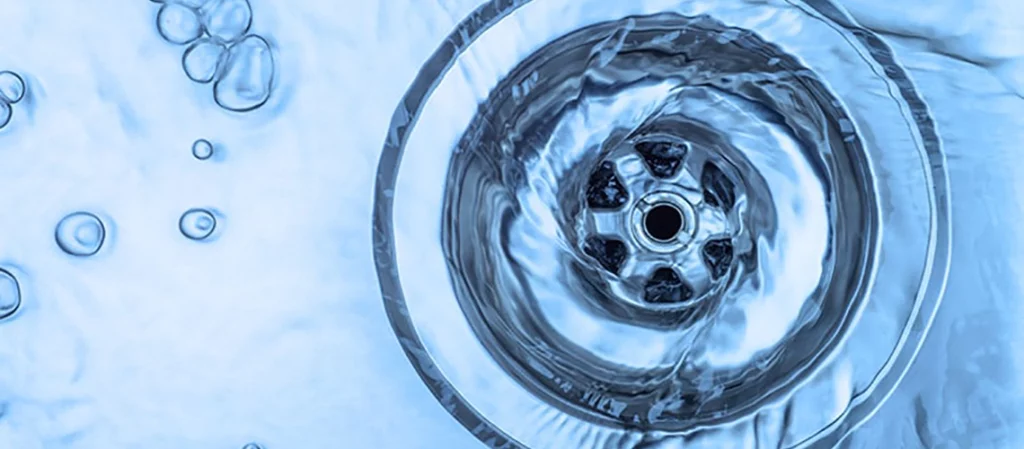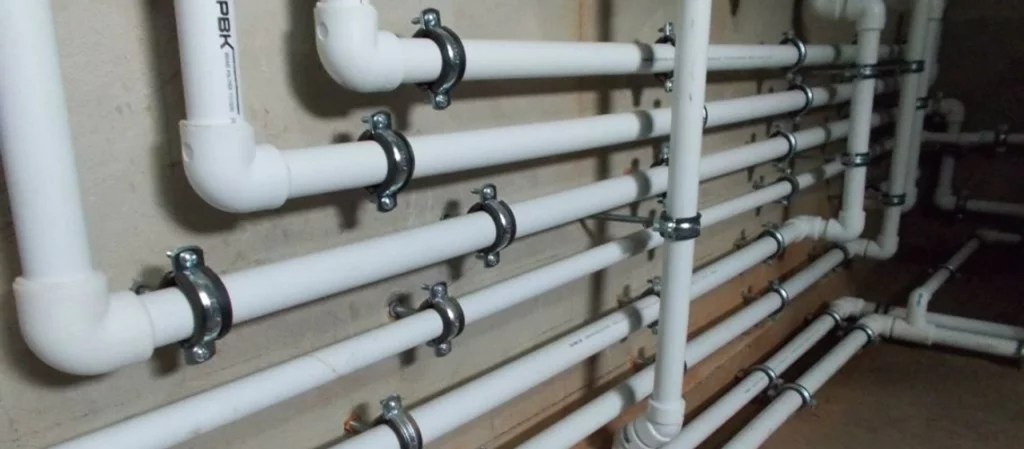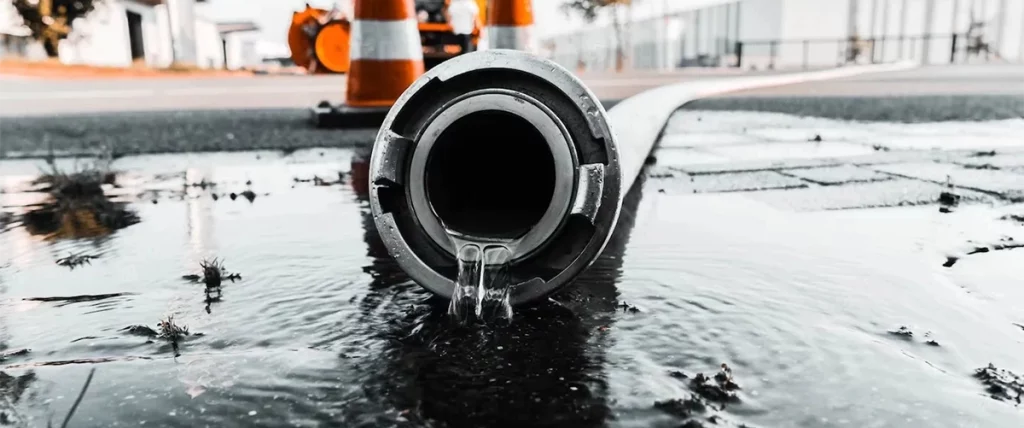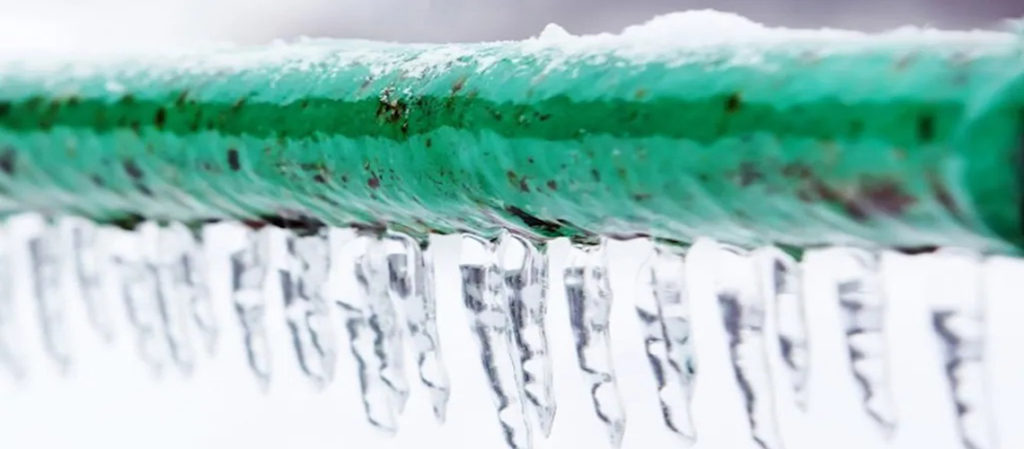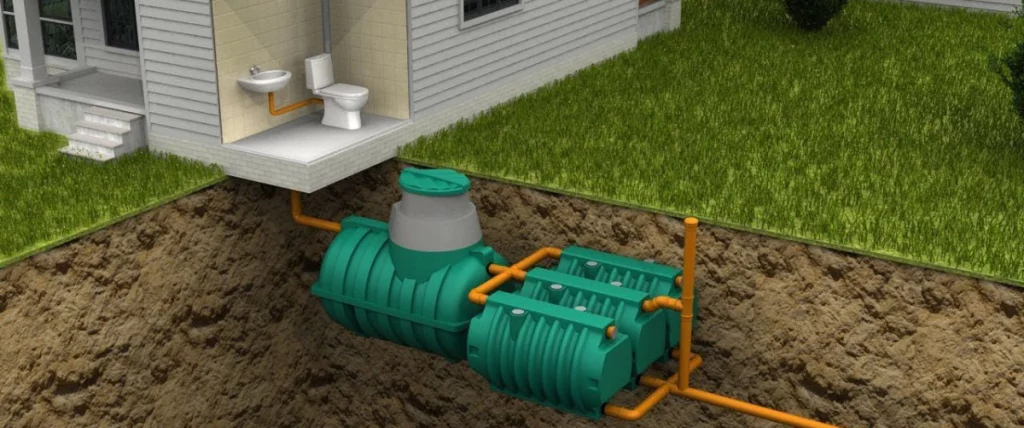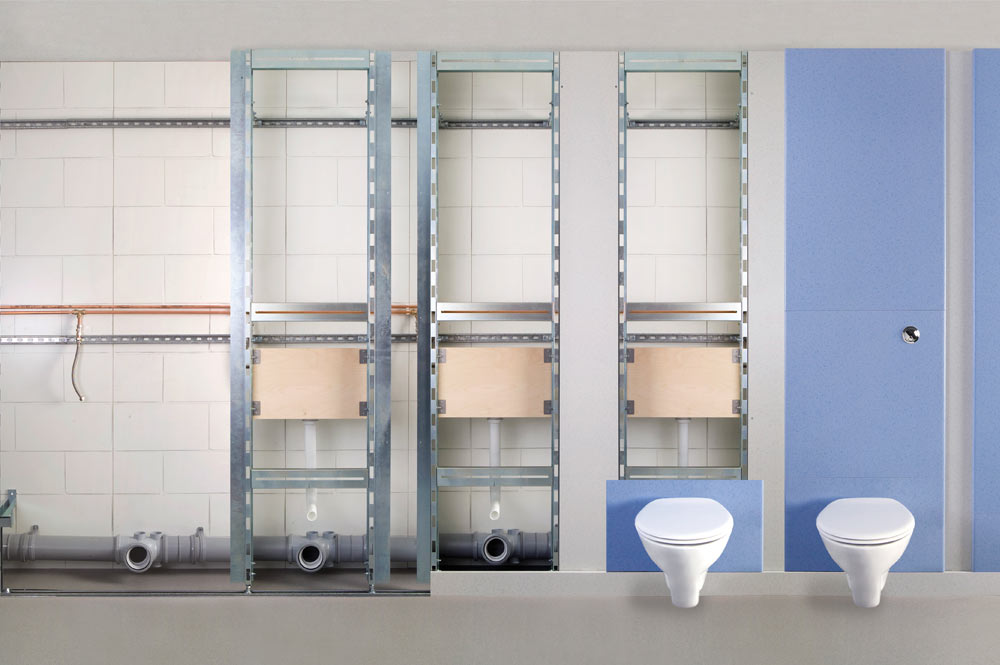Contents
Why are pipes blocked?
Pipes can become blocked for several reasons, often related to what goes down them and how they’re maintained. Here are some common causes:- Hair
- Grease and Oil
- Food Waste
- Mineral Buildup
- Small Objects
- Tree Roots
- Toiletries
- Soap Scum
- Toilet Paper Buildup
- Structural Issues
Best Way to Clean Sink Pipes
Best methods for cleaning sink pipes, including the procedure for each method and the recommended frequency of use:| Method | Procedure | Frequency |
| Boiling Water | Pour boiling water directly down the drain to dissolve minor clogs and grease buildup. | As needed |
| Baking Soda and Vinegar | Pour 1/2 cup of baking soda down the drain, followed by 1/2 cup of vinegar. Cover and wait for 15-30 minutes, then flush with hot water. | Monthly |
| Plunger | Use a plunger to create suction and dislodge clogs. Make sure there’s enough water in the sink to cover the plunger base. | As needed |
| Plumbing Snake | Insert a plumbing snake into the drain to break apart clogs deeper within the pipe. | As needed |
| Enzyme-Based Cleaners | Use enzyme-based cleaners as a safe and environmentally friendly option to break down organic material without harming pipes. | Monthly to quarterly |
How to clean water pipes in the apartment with your own hands: practical tips
If you are wondering how to clean pipes at home, we recommend reading the following methods.No. 1: Remove food debris with a plunger
Plumbing pipe cleaning is most often done with a plunger. In this situation, it is necessary to cover the sink with a special plug and fill it with water. The water level should be sufficient to allow plunging the plunger into the sink – about half. Next, you need to lower the plunger into the water to create a sufficient seal: press it to the bottom of the sink to remove all the air from the drain. On a side note: if you have a double sink, the second drain should be closed with a rag. After that, you should put on the plunger and lift it, not tearing it from the bottom of the sink. These manipulations should be repeated several times – moving the handle as the piston up and down. A tight squeeze allows you to pump water into the pipe, not air. You can eliminate food particles and other small particles that can clog the sink. After that, you clean the sewer lines with hot water from the faucet. You can also flush the pipes with boiling water.No. 2: Clean the sewer lines with home remedies: mix vinegar and baking soda.
Flush hot water pipes and other utilities can be done with simple household remedies. A simple, effective solution for removing grease and other deposits from the surface of pipes is a combination of vinegar and baking soda. When these components are mixed, a chemical reaction occurs in the form of white foam and abundant bubbles. With the help of these bubbles, it is possible to remove grease deposits from the surface of the pipes, which provoke clogs. It is grease that is one of the most critical problems. The fact is that when it hardens, it becomes sticky, and it adheres to a variety of particles that go with the water in the pipes. Subsequently, the fat ends up in the sewer system. Gradually, it becomes more and more, and you can try to remove it with baking soda and vinegar.No. 3: Use a snake to clear clogs
The best way to clean sink pipes of hair and other clogs is to use a particular plumbing snake. It is a relatively cheap and easy-to-use tool. With its help, you can remove minor clogs rather quickly and without outside help. The snake is a unique drill introduced into the drainage line, and then the clog is picked up (screwed on) and pulled out. If the clog is significant, the snake is unsuitable for this task. But minor problems are perfectly solved with it. At the same time, you need to work with it carefully to avoid damaging the pipe. If your clog is so complicated, a simple snake will not cope. It is worth calling a professional who will be carried out back flushing water lines and other manipulations to maintain the pipeline in the proper form.Prevention of clogged pipes: the opinion of experts
To avoid such problems as clogged pipes, it is best to take special preventive measures in a timely manner.No. 1: Flush pipes thoroughly
If you do not have clogs, you should still conduct periodic flushing pipes with plain water. In this situation, you should also add a particular sewer cleaning product. The best source of sewer line cleaning is the toilet, as the toilet bowl can flush a large volume of water down the drain at the same time by adding a cleaning agent in advance. Note that if you have a clog in your toilet bowl, this method will not work. The larger the volume of water you flush down the drain, the greater the chance of an accident. Therefore, during each pipe cleaning procedure, you should ensure no blockages in the toilet. Otherwise, you will have to take care of it and then move on to cleaning.No. 2: Do a preventive cleaning of your water pipes from time to time
Periodic sewer cleaning doesn’t necessarily require a disaster. This process is best done with a regularity of 1-2 months. In this situation, you can mix baking soda and vinegar. This way, keeping the pipes in good condition will be possible. In addition, you can also use unique citrus-based plumbing products for this task.No. 3: Leave sewer cleaning to professionals.
Cleaning house water pipe cleaning should be done with special equipment. This process should be trusted by real professionals who offer this type of service. The fact is that inevitable clogs are problematic to clean, but these symptoms can also indicate damage to the sewer line. If you constantly keep your plumbing clean and have a clog, this could indicate a severe sewer problem. With a professional inspection and inspection, you can avoid a lot of problems.When it’s worth getting help from a plumber
Suppose you need more experience in flushing drains or your efforts with a plunger, vinegar, baking soda, and other methods did not give proper results. In that case, it is worth trusting real professionals. Cleaning water pipes from deposits is a fairly complex process that requires experience and a particular knack. When dealing with plumbing, you should not treat the case carelessly. Otherwise, you can destroy the plumbing in the walls. If you do not want to take the risk, it is best to call a professional company whose employees will quickly solve any problem in your home.Conclusion
Pipe clogs and deposits inside the communication system are common in many apartments. They can provoke grease, food particles and others. But these problems are quite solvable. In this situation, you can use household remedies, special tools, or compositions. If you want to solve the issue as quickly and efficiently as possible, it is best to contact professionals. The specialists of our company will offer the most effective method of solving the problem. They have extensive experience from simple repairs to backflow prevention Toronto.FAQ about cleaning pipes from deposits in an apartment
Signs that your apartment pipes need to be cleaned may include slow draining sinks or showers, gurgling noises from drains, and foul odors emanating from pipes.
The best method for cleaning apartment pipes is using a drain cleaning solution, a drain snake, or a hydro jetting service. It’s important to avoid using chemical drain cleaners as they can damage your pipes.
The frequency of cleaning your apartment pipes will depend on the usage and the age of your plumbing system. However, it is recommended to clean your pipes at least once every 6-12 months to avoid buildup.
Yes, you can use a mixture of baking soda and vinegar to clean your apartment pipes. Simply pour half a cup of baking soda down the drain, followed by half a cup of vinegar. Let it sit for 30 minutes and then flush the drain with hot water.
Yes, you can prevent your apartment pipes from getting clogged by avoiding flushing anything other than toilet paper and human waste down the toilet, not putting grease or food down the sink drain, and using a drain screen to catch hair and other debris in the shower and sink drains.




